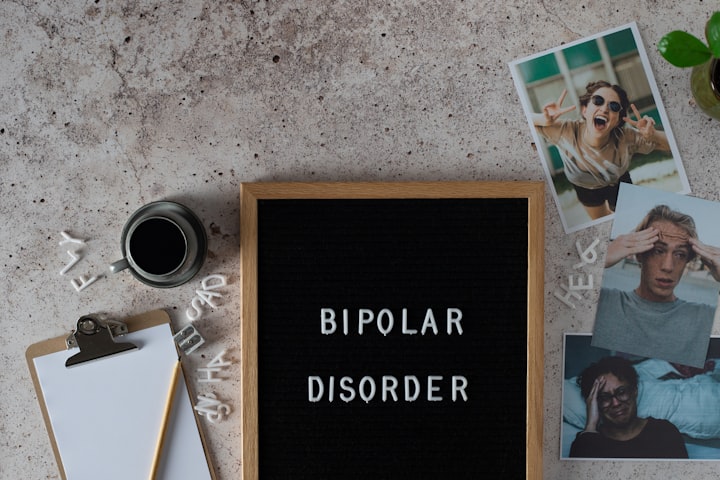Coping strategies for managing symptoms of mood disorders
Coping strategies for managing symptoms of mood disorders

Mood disorders, such as depression and bipolar disorder, can be challenging to manage. These conditions can cause significant changes in mood, energy, and behavior, which can impact daily functioning and quality of life. However, there are several coping strategies that can be helpful in managing symptoms of mood disorders. In this article, we will explore some of the most effective coping strategies for managing symptoms of mood disorders, and we will also discuss the role of a psychiatrist in Bangalore in the treatment of these conditions.
Cognitive Behavioral Therapy (CBT)
CBT is a type of psychotherapy that focuses on changing negative thought patterns and behaviors that contribute to mood disorders. In CBT, individuals work with a therapist to identify and challenge negative thoughts and beliefs, develop coping skills, and improve problem-solving skills. CBT has been shown to be effective in the treatment of depression and bipolar disorder, and it can be helpful in managing symptoms even after the initial treatment has ended.
When searching for the best psychiatrist in Bangalore for the treatment of mood disorders, it's important to look for someone who has experience with CBT. The best psychiatrist in Bangalore for mood disorders will have specialized training in evidence-based treatments and will be able to provide a safe and supportive environment for treatment.
Medication Management
Medication can be an effective treatment for mood disorders, particularly when used in combination with psychotherapy. There are several classes of medications that can be helpful in managing symptoms of depression and bipolar disorder, including antidepressants, mood stabilizers, and antipsychotics. However, medication should always be prescribed and monitored by a psychiatrist, as some medications can have side effects and may interact with other medications or health conditions.
Mindfulness Meditation
Mindfulness meditation involves focusing on the present moment and developing a non-judgmental awareness of thoughts and emotions. This practice can be helpful in managing symptoms of depression and bipolar disorder by reducing stress, improving mood, and increasing self-awareness. Mindfulness meditation can be practiced on its own or as part of a mindfulness-based therapy, such as mindfulness-based cognitive therapy (MBCT).
Exercise
Regular exercise can be helpful in managing symptoms of mood disorders by improving mood, reducing stress, and increasing energy levels. Exercise can also improve sleep quality, which is important for overall mental health and well-being. When incorporating exercise into a treatment plan for mood disorders, it's important to start slowly and gradually increase intensity and duration over time.
Social Support
Social support can be helpful in managing symptoms of mood disorders by providing a sense of connection, belonging, and understanding. Social support can come from friends, family, support groups, or online communities. When building social support networks, it's important to seek out people who are understanding and supportive of your condition, and to communicate openly and honestly about your experiences.
Self-Care
Self-care refers to activities and behaviors that promote physical and emotional well-being. This can include getting enough sleep, eating a healthy diet, practicing good hygiene, and engaging in activities that bring joy and fulfillment. Self-care is an important aspect of managing symptoms of mood disorders, as it can improve overall health and well-being and reduce stress.
Conclusion
Managing symptoms of mood disorders can be challenging, but there are several coping strategies that can be helpful in improving mood, reducing stress, and increasing overall well-being. Psychotherapy, medication management, mindfulness meditation, exercise, social support, and self-care are all effective coping strategies that can be used to manage symptoms of mood disorders. When searching for the best psychiatrist in Bangalore for the treatment of mood disorders, it's important to look for someone with specialized training and experience in evidence-based treatments, such as CBT. With the right treatment and support, individuals with mood disorders can learn to manage their symptoms and live fulfilling





Comments
There are no comments for this story
Be the first to respond and start the conversation.